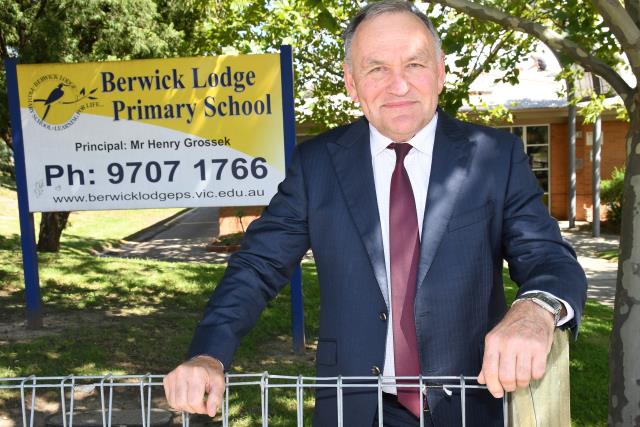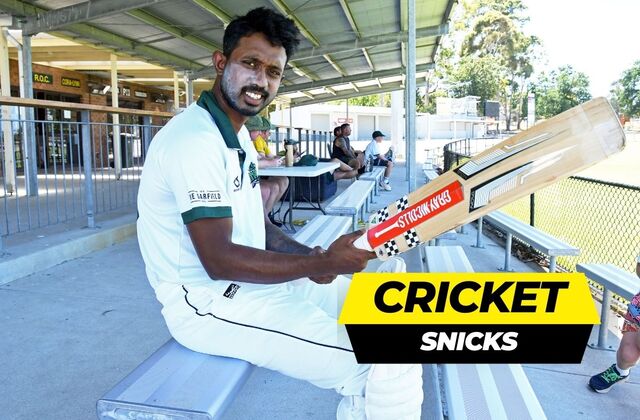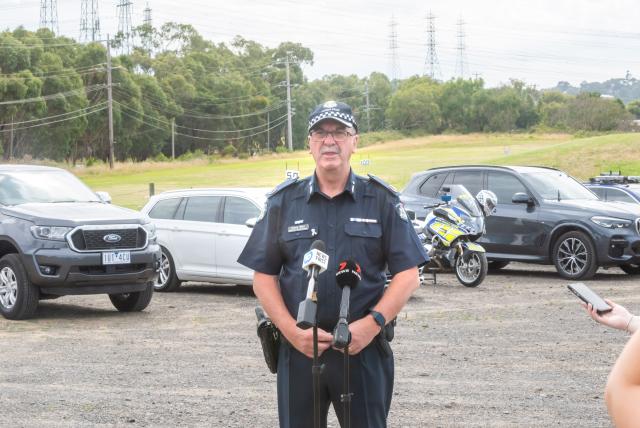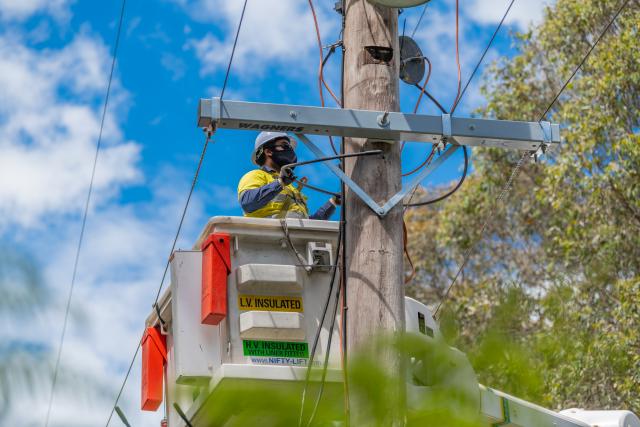The most recent NAPLAN results have sparked significant discussions within the local education community, with a local principal voicing the need for comprehensive education reform.
A recent release by the Media Centre for Education Research revealed that one in three Australian students are below literacy and numeracy benchmarks.
While another report by the Australian Curriculum Assessment and Reporting Authority stated that the 2024 results were stable compared to 2023, the same statistics also revealed some ongoing demographic disparities, with students in remote areas, low socioeconomic status and Indigenous backgrounds at a disadvantage.
Henry Grossek, principal of Berwick Lodge Primary said that these statistics are part of a “tired old argument”, but also the most important factor when it comes to education.
“We need to fund public schools to a hundred per cent of their student resource standard,” Grossek said.
“Now if money didn’t matter, which is one of the arguments that some people use, then why are the non-government schools funded at 100 per cent or more of their SRS (schooling resource standard)?
“Because clearly they believe that money matters, well so do we.”
A lack of proper and extensive funding is what is lacking, according to Grossek, and the usual shift of blame to teaching methods, classroom discipline and or disengagement is not entirely accurate.
According to the ACARA report, overall national scores had 67 per cent of students achieving ‘Exceeding’ and ‘Strong Levels’ with performance increasing from Year 3 and 66.3 per cent to Year 5 with 71.4 per cent; this however drops in Year 7 with 67.3 per cent and Year 9 with 63 per cent.
As for the disparities between remote and urban students, only 24 per cent of students from very remote areas achieved ‘Strong’ and ‘Exceeding’ levels in reading, compared to 70.7 per cent of students from metropolitan schools.
Numeracy was in the same situation, with 22.4 per cent from very remote schools achieving ‘Strong’ and ‘Exceeding’ levels but 69.3 per cent from urban schools.
“A substantial part of the reason is that public schools are trying to do the job with not enough money, resources,” Grossek said.
“And by money, you buy programs, you buy training, so that’s clearly a number one issue.
“If we don’t do the funding properly, it doesn’t matter how much you train the teachers or how much you train the programs, you’re always going to be doing it under-resourced.”
The broader education community echoes the same sentiments from Grossek, with the MCERA release describing the situation as “deeply disheartening”.
Monash University senior lecturer for educational leadership, Dr. Fiona Longmuir said “it is clear that our school systems are failing students and teachers”.
“The simple rhetoric centred on teaching approaches implies that our hard-working teachers and schools are not doing enough, or not doing the ‘right’ things, with little attention to the deep inequity in Australian schooling, or to the challenging post-Covid condition including the dire teaching shortages,” she said.
Grossek is of the same mind, adding that “people are taking the simple way out by saying we need to do more phonics”.
“But to say that the answer is phonics is [not right], and it’s not a dichotomy between phonics and whole language.
“That’s not a panacea, and I do get sick and tired at times, like a lot of other educators, with when things aren’t going well, we read about teachers or schools that aren’t doing the right thing.
“Well when you don’t fund schools properly in the first place, and then you’re going to take another five years to fund them, how can you be blaming the teachers and the principals?” Grossek said.
Longmuir’s critique extended to the general public’s discourse on education, where she argued that it often oversimplifies the solutions, citing a recently retired school principal, Greg Lacy who said that NAPLAN results are “‘not a genuine measure of a truly life-fulfilling education’”.
Rather, the results are “‘a score the politicians and others can hang their hat on without delving into what truly lies beneath’.”
Longmuir then added by saying that “there is no time to waste blaming teachers and arguing that narrow, standardised ways of teaching will solve the complex issues in our schools”.
Likewise, Grossek challenges the focus on NAPLAN as the only measure of widespread education success, and that while these results are certainly valuable, “they’re not the whole picture and the whole picture doesn’t depend on NAPLAN results alone”.
He calls the current period the “perfect storm” with Covid and its after-effects, essentially “exposing what [he] would argue is the lack of proper respect for what we need for the teaching profession”.
“I mean you’ve got a broad curriculum, so I’m not just worried about NAPLAN results, I’m more worried about how other programs are impacted by the current state of the profession,” Grossek said.
“The arts, the sciences, the sport and physical education, the lit is way beyond literacy and numeracy, but at the same time we’re more flat-lined in NAPLAN than ‘going backwards’.”
To Grossek, he said that it was amazing that the overall results for NAPLAN have only been “stagnating”, considering the situation of the educational system and its much-needed improvements and reforms.
“Imagine if we addressed those issues, they wouldn’t be stagnating, and neither would other subjects that we don’t measure,” Grossek said.
A more cultural change of viewpoints in the way teachers are seen in current society is needed, he argued, where teachers should seen at a higher standard than their current societal position.
“People say it used to be that teaching was thought of as a calling, some higher mission, it’s a profession like medicine, architecture, law – it’s a professional career,” Grossek said.
“Why shouldn’t teachers and principals be paid commensurately? Why should we be trying to get them as cheaply as possible? We’re normal human beings like everybody else, and we have families, goals, and all those things – we’re doing it because it matters to us.
“We’re interested in that profession and we want to do some good,” he said.
As communities around the state continue to digest the NAPLAN data, voices of local educators such as Grossek and national experts are calling for a holistic approach to education reform.
To Grossek, “it’s the most important profession in the world because every other profession or job or career or citizenship depends in substantial part on the quality of a nation’s education system, and it’s really struggling at the moment.”

















